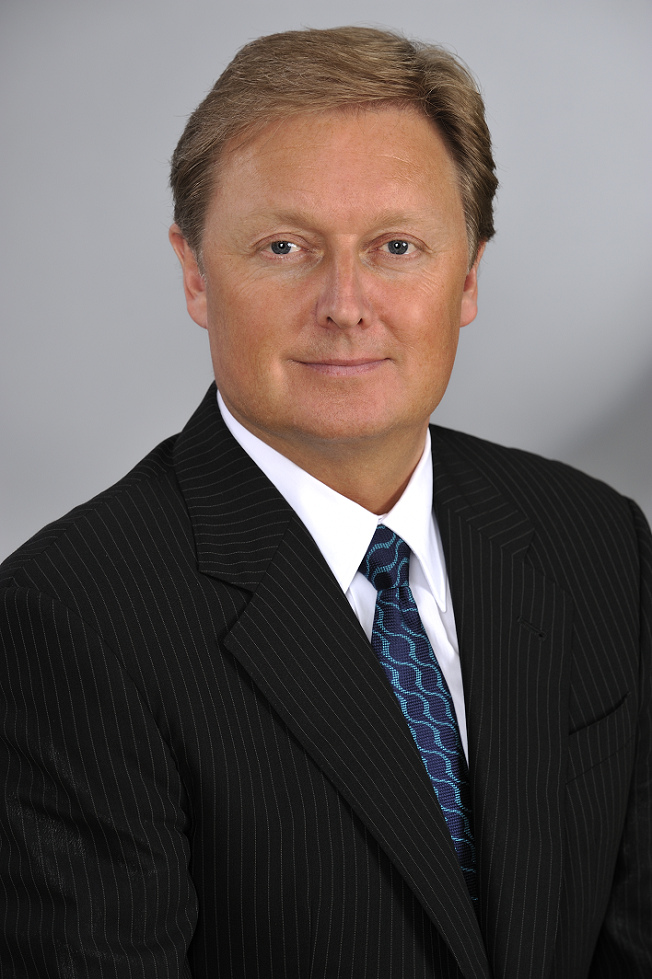Fisker talks the future of EV batteries
 |
| CEO Henrik Fisker |
Fisker Inc., the electric car manufacturer and Tesla rival, has big plans in the works. The Drive spoke with CEO Henrik Fisker about his plans for solid-state batteries and his upcoming electric and autonomous vehicles.
Fisker, the controversial innovator who designed the BMW Z Series and the Aston Martin DB9, is creating his own line of patented solid-state batteries.
Solid-state batteries are comprised of solid electrodes and electrolytes. According to Fisker, solid-state batteries are non-flammable, fast charging, affordable to use, and work in extremely cold temperatures down to -35 degrees Fahrenheit. They can also store more energy than the hazardous lithium batteries, which can overheat and explode.
“We believe solid-state batteries are the future for electric vehicles," Fisker told The Drive.
Fisker is working with Dr. Fabio Albano, a scientist who spent 15 years researching batteries, and filed a patent for the innovation in November.
Toyota, Honda, and BMW also recently announced that they would make the switch from lithium to solid-state batteries. Toyota will use batteries from energy company Ilika, and BMW will partner with Colorado-based battery company, Solid Power.
Fisker debuted a prototype of his battery at CES in January, which included 21700 NCM cells from Korean chemical giant LG Chem. CES also marked the first public display of Fisker’s upcoming EMotion luxury sedan.
The EMotion, already nicknamed the “Tesla killer," boasts 400 miles per charge, compared to the Model S, which only provides 335 miles per charge. However, the EMotion, which caps out at $129,000, is quite a bit steeper than the $95,000 Tesla.
“Our aim is to get to a point where you can truly relax when you are in autonomous mode," Fisker said.
Hitting the market in 2020, the EMotion will be one of the first Level 4 cars available, followed by Waymo’s ridesharing model in 2021 and the recently announced Renault EZ-GO in 2022.
Today’s most advanced autonomous models are from Tesla, and only reach a Level 2 on the scale.
“I think most car makers are aiming for Level 3 or Level 4," Fisker said of future models.
